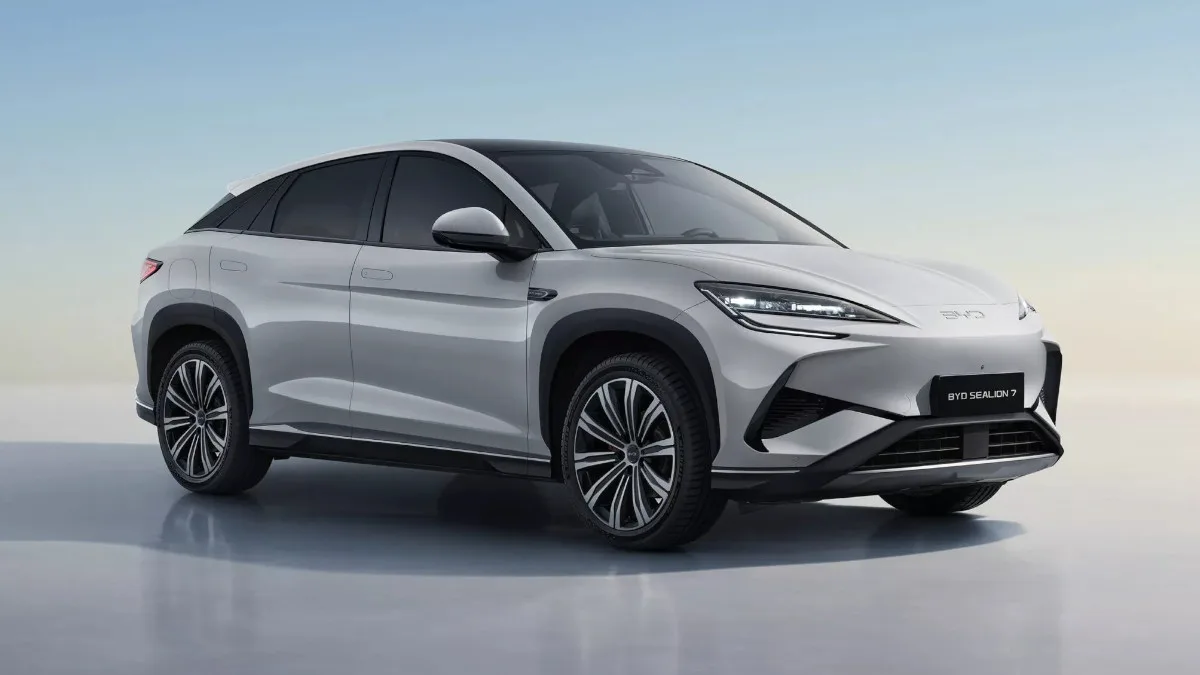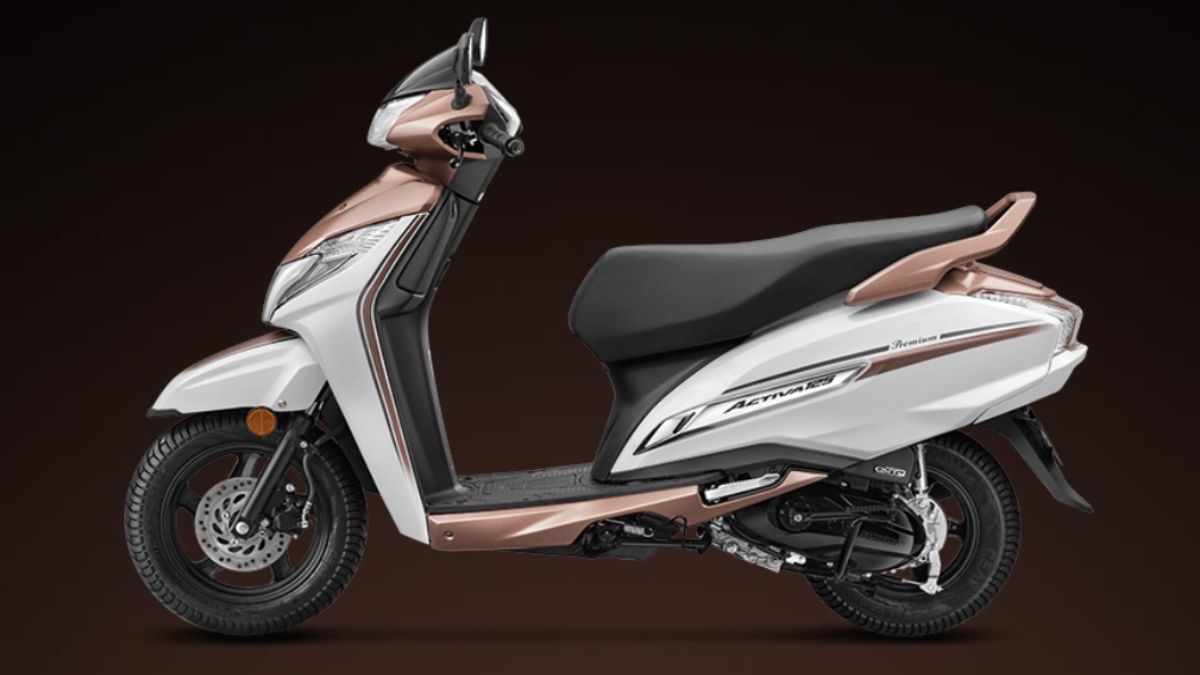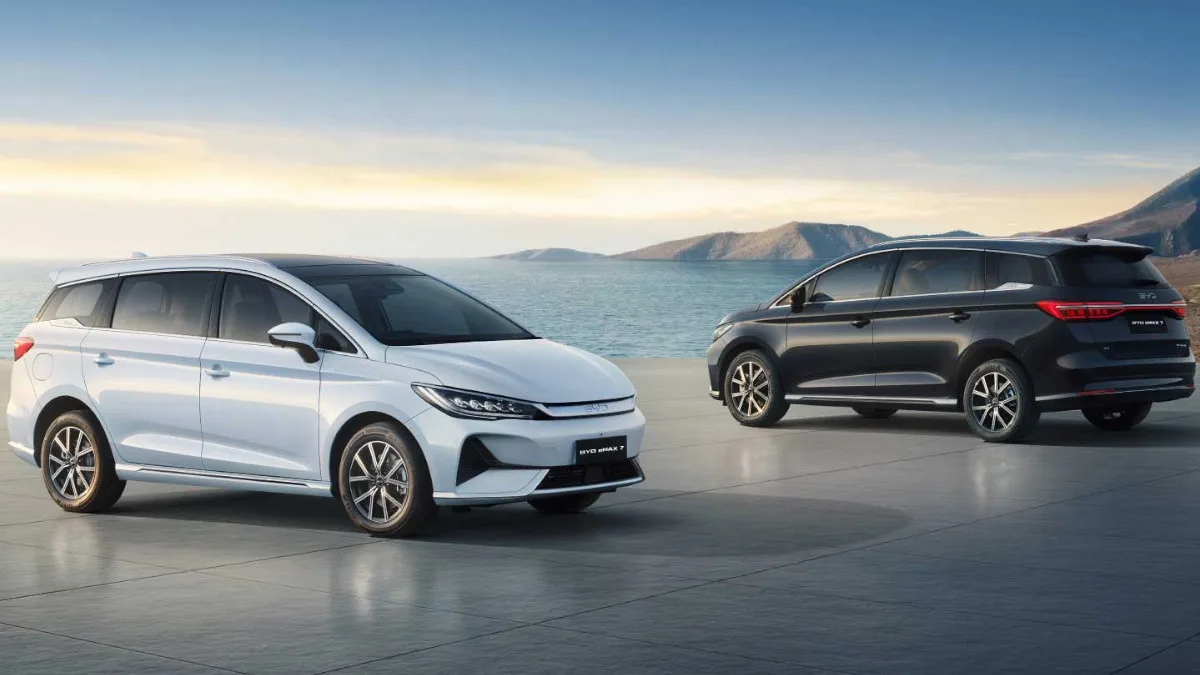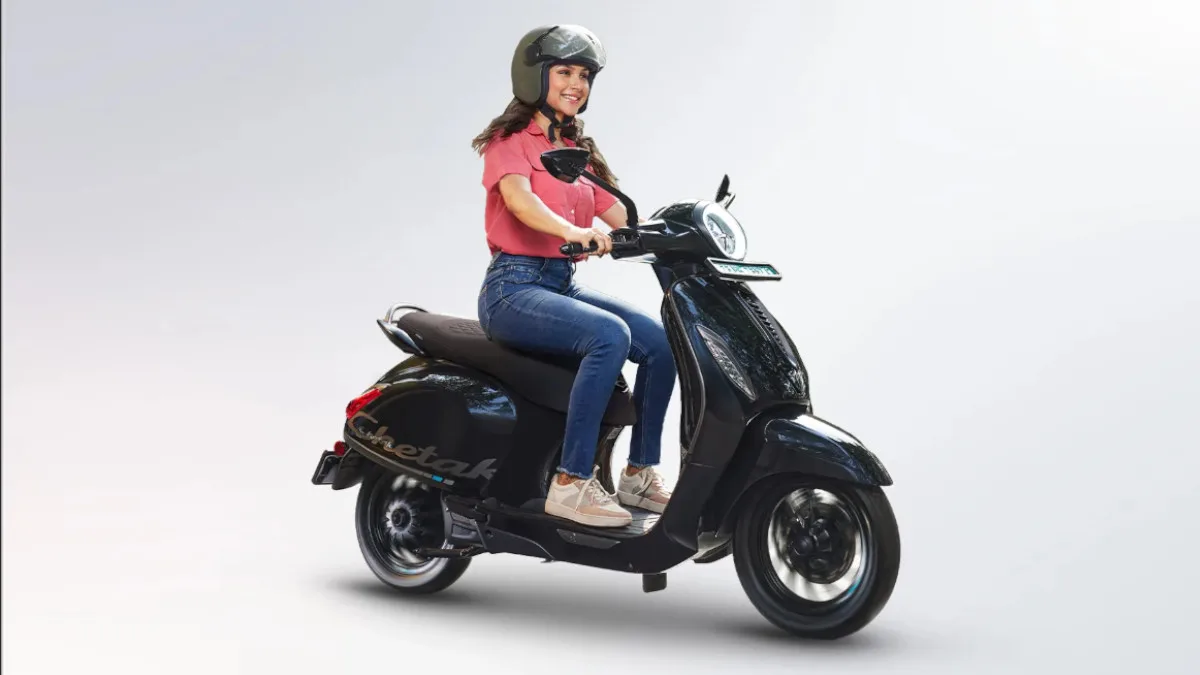BYD’s rapid expansion in European markets continues with the introduction of the Sealion 7, a fully electric SUV designed to rival the Tesla Model Y. Following its debut in China, the Sealion 7 has made its European appearance at the 2024 Paris Auto Show, with deliveries beginning this month.
This marks BYD’s eighth New Energy Vehicle (NEV) in the European lineup, joining models like the Dolphin, Seal, and Seal U in the automaker’s “Ocean Series.” While BYD’s rapid growth has garnered attention, the question remains: does the Sealion 7 have the potential to challenge Tesla’s dominance?
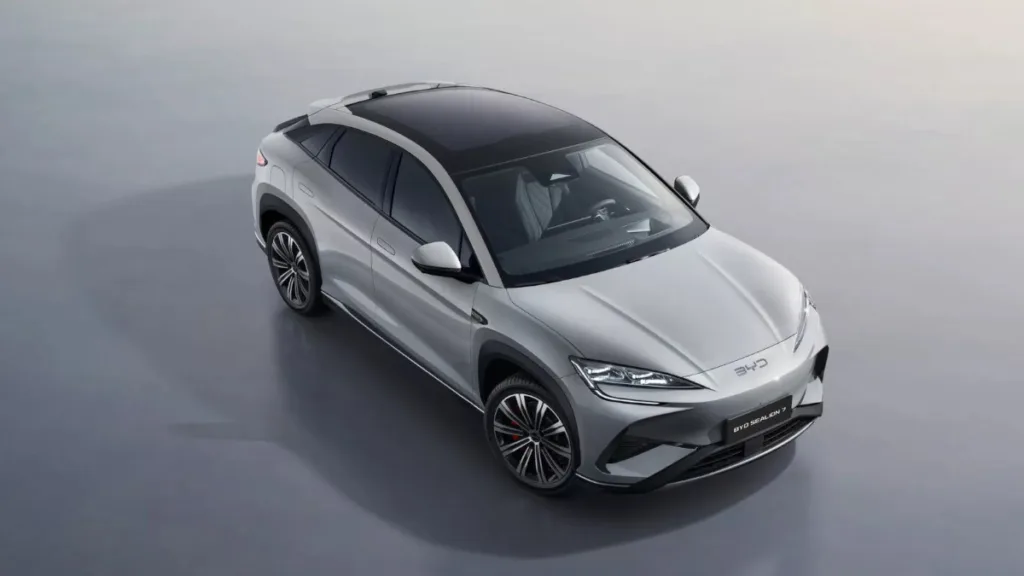
Revealed in China last November, the Sealion 7 adheres to BYD’s established design language. While the front end shares similarities with the Seal U, it features sportier bumper intakes. The rear showcases a sloping roofline that flows into full-width LED taillights, reminiscent of the Seal sedan. Although modern, the Sealion 7’s design isn’t groundbreaking and may be easily mistaken for other electric SUVs on the market.
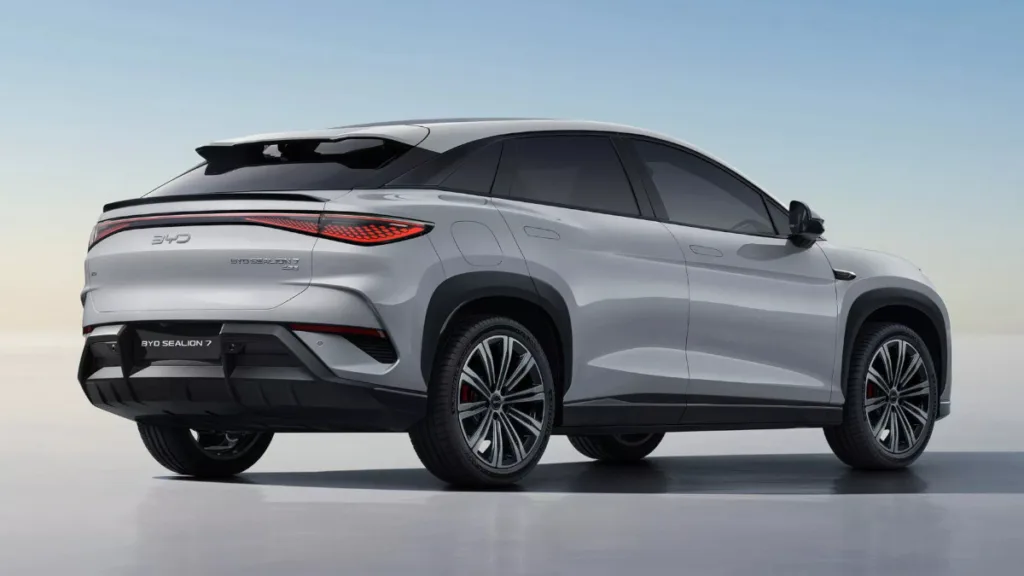
The Sealion 7 is built on the e-Platform 3.0 Evo, which supports both single and dual electric motor setups. In Europe, BYD will initially offer the high-performance dual-motor variant.
According to BYD, the Sealion 7 can accelerate from 0 to 100 km/h in 4.5 seconds and supports rapid charging of up to 230 kW. While the company didn’t disclose specific power figures for the European version, the Chinese-spec dual-motor model offers a combined output of 523 horsepower and a CTLC range of 550 kilometers.
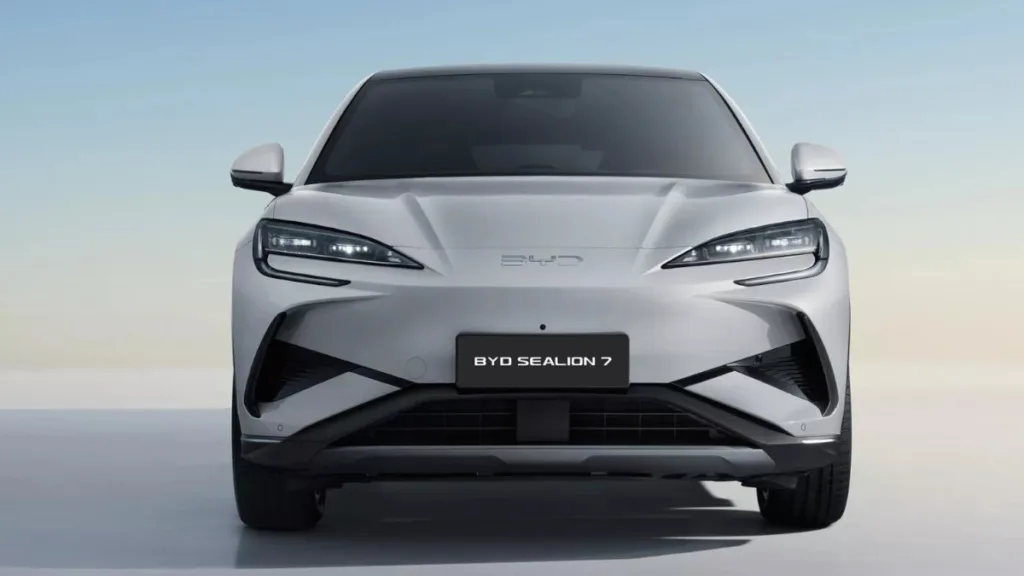
BYD’s European Managing Director, Michael Shu, emphasized the company’s commitment to offering high-performance SUVs to meet customer demand. The Sealion 7 is part of a larger European offensive, with six new models planned to be introduced over the next 14 months.
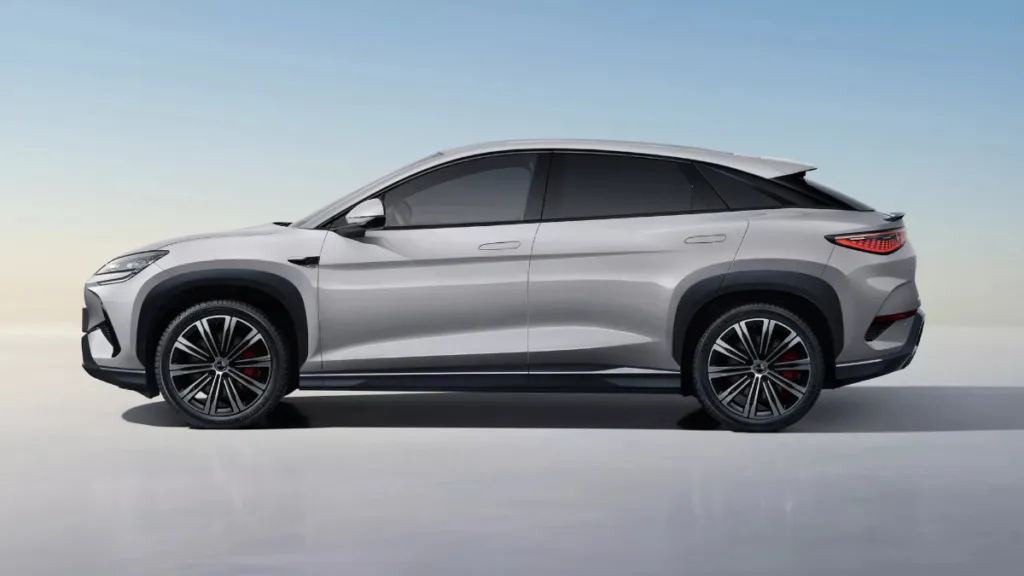
UK deliveries of the Sealion 7 are expected to begin by the end of October, with prices starting around £45,000. This positions the Sealion 7 directly against the Tesla Model Y, which is priced between £44,990 and £59,990 in the UK. While the Sealion 7 offers a competitive price point, its true performance and appeal will be determined once it hits the road.
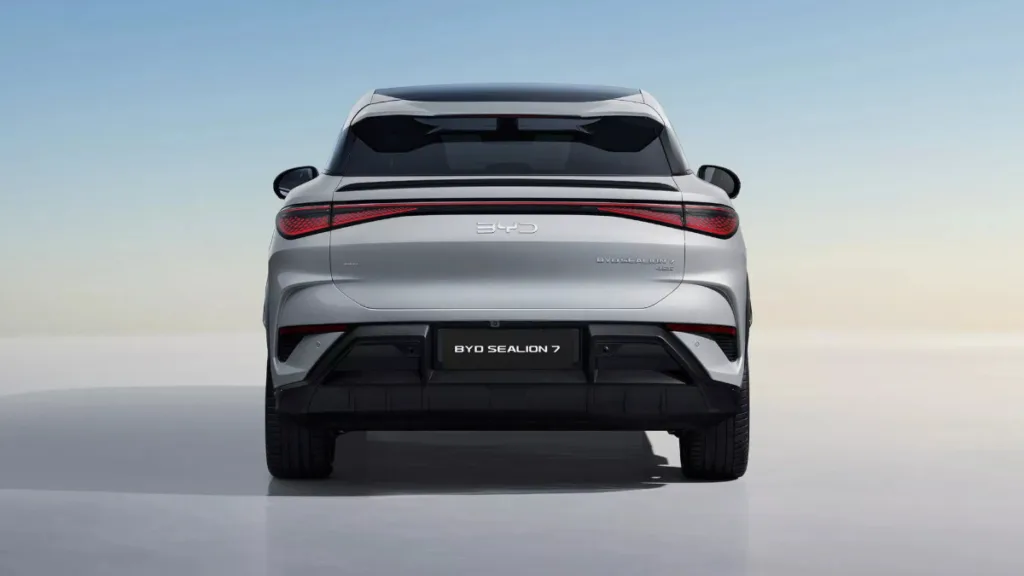
In the future, BYD plans to shift production of the European Sealion 7 to its new facility in Hungary. This move aims to avoid EU tariffs imposed on Chinese imports. The Hungarian facility is expected to be operational by the end of 2025 and could become the production hub for most of BYD’s European offerings.
Discover more from Wheels Craze - Automotive News, EV News, Car News, Bike News
Subscribe to get the latest posts to your email.


